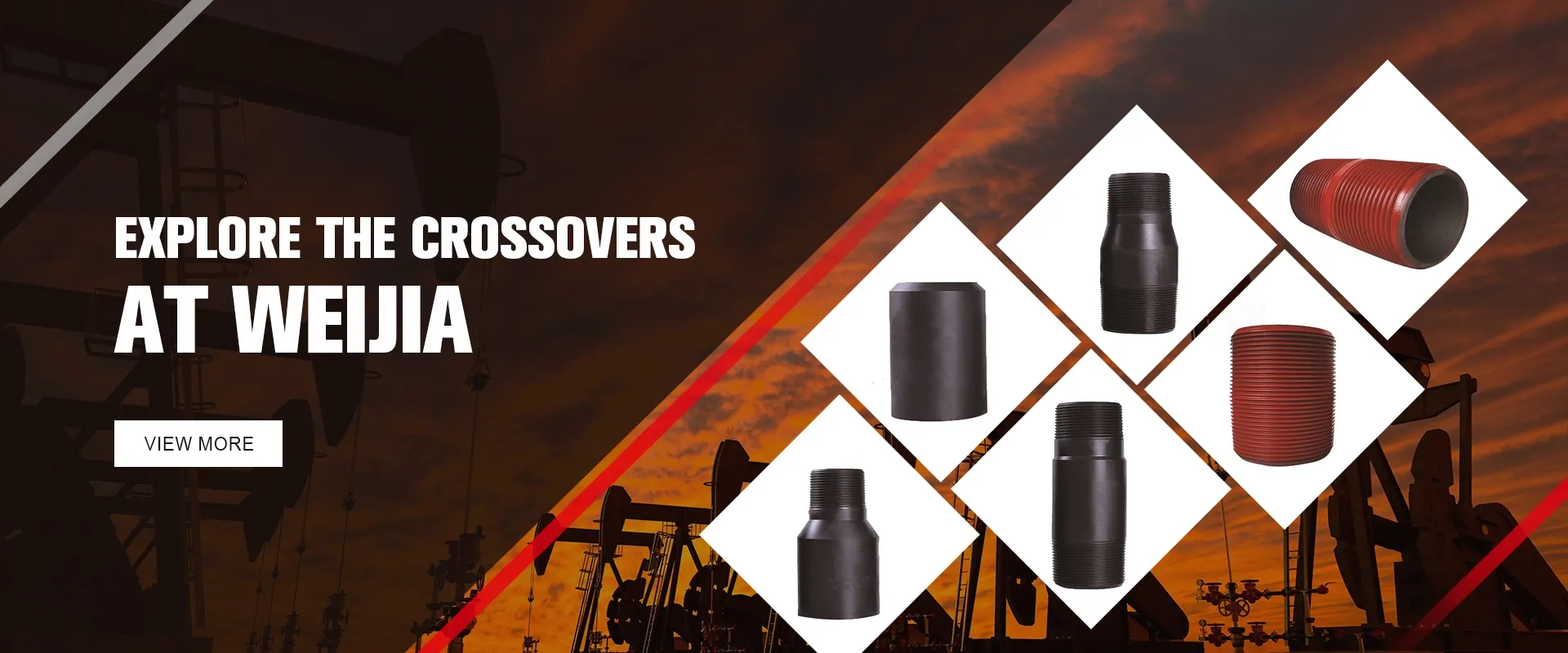- Afrikaans
- Albanian
- Amharic
- Arabic
- Armenian
- Azerbaijani
- Basque
- Belarusian
- Bengali
- Bosnian
- Bulgarian
- Catalan
- Cebuano
- Corsican
- Croatian
- Czech
- Danish
- Dutch
- English
- Esperanto
- Estonian
- Finnish
- French
- Frisian
- Galician
- Georgian
- German
- Greek
- Gujarati
- Haitian Creole
- hausa
- hawaiian
- Hebrew
- Hindi
- Miao
- Hungarian
- Icelandic
- igbo
- Indonesian
- irish
- Italian
- Japanese
- Javanese
- Kannada
- kazakh
- Khmer
- Rwandese
- Korean
- Kurdish
- Kyrgyz
- Lao
- Latin
- Latvian
- Lithuanian
- Luxembourgish
- Macedonian
- Malgashi
- Malay
- Malayalam
- Maltese
- Maori
- Marathi
- Mongolian
- Myanmar
- Nepali
- Norwegian
- Norwegian
- Occitan
- Pashto
- Persian
- Polish
- Portuguese
- Punjabi
- Romanian
- Russian
- Samoan
- Scottish Gaelic
- Serbian
- Sesotho
- Shona
- Sindhi
- Sinhala
- Slovak
- Slovenian
- Somali
- Spanish
- Sundanese
- Swahili
- Swedish
- Tagalog
- Tajik
- Tamil
- Tatar
- Telugu
- Thai
- Turkish
- Turkmen
- Ukrainian
- Urdu
- Uighur
- Uzbek
- Vietnamese
- Welsh
- Bantu
- Yiddish
- Yoruba
- Zulu
well casing coupler
Well Casing Couplers Essential Components in Oil and Gas Drilling
In the oil and gas industry, the integrity and safety of drilling operations are paramount. Among the various components that ensure the effectiveness of these operations, well casing couplers play a crucial role. These specialized fittings form the connections between individual sections of casing pipes, providing structural stability while facilitating the drilling and production processes.
Understanding Well Casing
Before delving into the specifics of well casing couplers, it's essential to understand well casing itself. Well casing refers to the sections of pipe that are installed in a drilled hole to stabilize the wellbore, prevent the collapse of the hole, and isolate water layers from oil and gas reservoirs. The casing is crucial in maintaining the structural integrity of the well and protecting the environment by preventing contamination of groundwater.
What are Well Casing Couplers?
Well casing couplers are specialized devices that connect two casing pipes. They are designed to withstand the immense pressures and strains that occur during drilling operations. Couplers can come in various forms, including threaded, welded, or flanged connections, depending on the specific requirements of the drilling operation and the types of casing materials used.
Key Functions of Well Casing Couplers
1. Structural Integrity The primary function of well casing couplers is to provide a secure connection between casing joints. This ensures that the entire casing system can withstand the physical stresses of drilling and the pressure from the surrounding geological formations.
well casing coupler

2. Sealing Couplers are designed to create a tight seal between casing sections, preventing fluid leaks that could lead to contamination of potable water supplies or loss of hydrocarbons.
3. Ease of Installation Well casing couplers are designed for relatively straightforward installation and removal. This is crucial during drilling operations, where time and efficiency are essential.
4. Facilitating Expansion As drilling progresses deeper into the earth, the need for additional casing sections arises. Couplers allow for the easy addition of new casing sections, ensuring that the well can be extended without compromising stability.
Material Considerations
Well casing couplers are manufactured from various materials, including carbon steel, stainless steel, and composite materials, depending on the operational environment. The choice of material affects the coupler's durability, corrosion resistance, and overall ability to withstand the harsh conditions encountered in drilling operations.
Conclusion
In summary, well casing couplers are vital components of the oil and gas drilling infrastructure. Their ability to securely connect casing pipes ensures that wells are structurally sound and capable of producing oil and gas efficiently. As drilling technologies continue to evolve, the design and materials used in well casing couplers will likely advance, further enhancing their performance and reliability in the field. Through ongoing innovation and rigorous engineering, the oil and gas industry can maintain its commitment to safe and efficient energy extraction.
-
Tubing Pup Joints: Essential Components for Oil and Gas OperationsNewsJul.10,2025
-
Pup Joints: Essential Components for Reliable Drilling OperationsNewsJul.10,2025
-
Pipe Couplings: Connecting Your World EfficientlyNewsJul.10,2025
-
Mastering Oilfield Operations with Quality Tubing and CasingNewsJul.10,2025
-
High-Quality Casing Couplings for Every NeedNewsJul.10,2025
-
Boost Your Drilling Efficiency with Premium Crossover Tools & Seating NipplesNewsJul.10,2025







